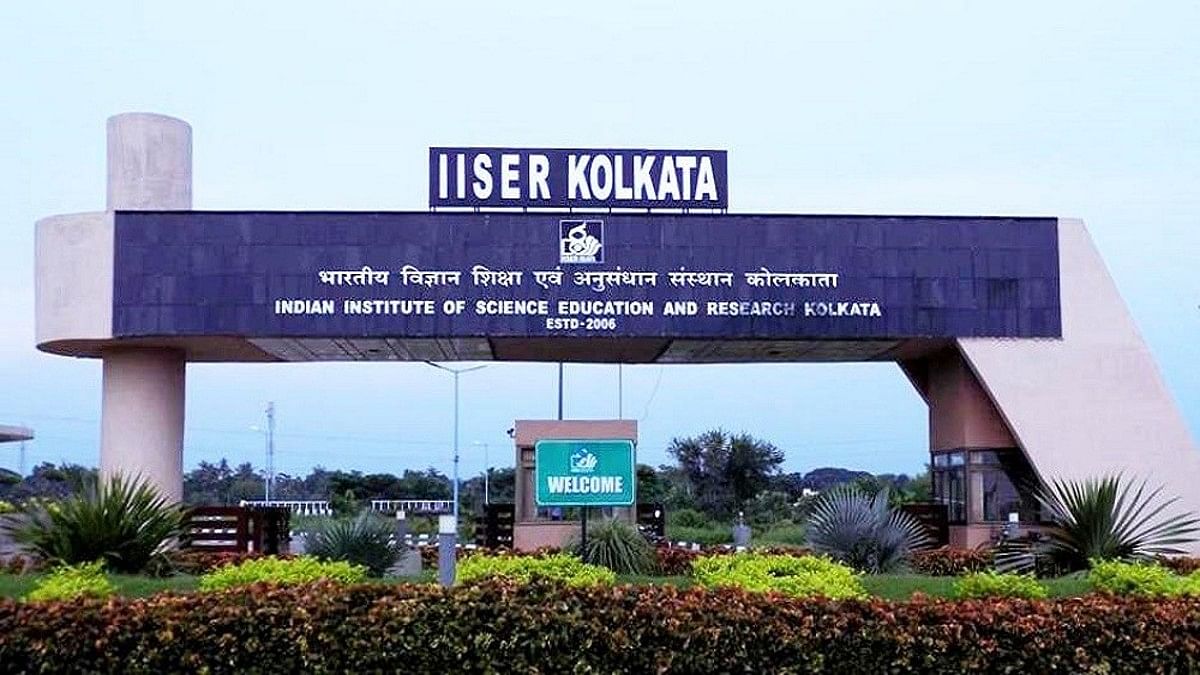New Delhi: A new mechanism has been discovered by scientists at the Indian Institute of Science Education and Research (IISER) Kolkata that might be effective in treating colorectal cancers. The study, published in the journal Nature Communications, highlights that modulators for a group of enzymes could carry therapeutic potential for cancers.
“The main focus of this research was to understand how cell surface receptors — a family of enzymes that tightly control cellular processes like proliferation, differentiation, migration, and survival — work in normal scenarios, preventing the formation of tumours,” said Rahul Das, associate professor at the department of biological sciences of IISER Kolkata, and lead researcher of the study.
Das’s team investigated how a surface receptor protein — Vascular Endothelial Growth Factor Receptor-1 (VEGFR1) — would self-regulate in a healthy cell. “The research can show the way for developing medical solutions for colon and renal cancers by using molecules that preferentially stabilises the inactive state of VEGFR1,” read a statement issued by the Department of Science and Technology (DST), which funded the research.
Owing to their role in generating new blood vessels, the VEGFR family of proteins is considered indispensable for functions including embryonic development, wound healing, tissue regeneration, and tumour formation.
Also Read: Breast cancer accounted for highest number of cancer fatalities in India in 2022, says WHO report
What study found
The researchers pieced together how autoinhibition of VEGFR1 works to prevent a cell from becoming malignant.
According to the DST statement, they looked at two members of the family of proteins — VEGFR1 and VEGFR2 — and found that the two behave quite differently. In healthy cells, while VEGFR2 could be spontaneously activated, VEGFR1 could not be.
VEGFR1, it was found, “camouflages as a dead enzyme” — meaning it remained in the state of self-regulation.
The autoinhibited conformation of VEGFR1, the study explains, is stabilised by a unique ionic latch that hooks the juxtamembrane segment onto the kinase domain — the domains of the VEGFR1 protein.
“The research highlighted the therapeutic potential of phosphatase modulators in regulating VEGFR1-mediated pathological formation of new blood vessels (angiogenesis) which takes place in cancer,” said the DST statement.
Why is the study important?
Despite advances in treatments worldwide, colorectal cancers rank among the top 10 leading causes of cancer-related deaths in India.
According to a 2022 Globocan report, India recorded 70,000 new colorectal cancer cases that year, making it the sixth most prevalent type of cancer in the country.
The report also showed that the incidence rate was around 25 percent higher in males than females. In men, 43,360 new cases of colorectal cancer were reported, as opposed to 26,678 new cases in female patients.
The situation is more worrying globally. With a total of 1.9 million new colon cancer cases in both sexes in 2022, colorectal cancer was ranked the third most common type of cancer in the world. At 9.3 percent, the death rate for colon cancer across the world is more than twice that of India’s, ranking second after lung cancer.
“Contrary to previous literature, present cases of colon cancer in India are more aggressive,” Dr Pragya Shukla, head of the Department of Clinical Oncology at the Delhi State Cancer Institute (DSCI), told ThePrint.
Based on studies carried out by her team at the DSCI, she said, these aggressive forms are the result of the prevalence of colon cancers in a much younger population (30-40 years) as opposed to older populations (50 years).
“Several lifestyle factors ranging from dietary changes to lack of exercise are responsible for these changing demographic trends,” she added.
(Edited by Gitanjali Das)
Also Read: Why bladder cancer is considered highly lethal, one of most expensive malignancies to treat

